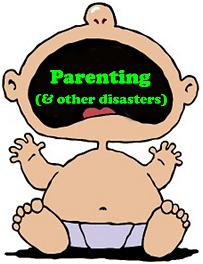Podcast: David Nutt, ‘The current laws on drugs and alcohol – ineffective, dishonest and unethical?’
Professor David Nutt argues in this podcast of his lecture, that whilst the use of the law to control drug use is long established, it remains unproven in efficacy. Although seemingly obvious that legal interdictions should work there is little evidence to support this assertion. So for example cannabis though illegal is at some time used by nearly half of the population. Similarly drugs like ecstasy and amfetamine are widely used by up to a million young people each weekend. This use is underpinned by a demand for the pleasurable experiences that the drugs produce, and also by a paradoxical desire by some people to break the law.
As well as being ineffective for many users prohibition of drugs often leads to perverse magnification of harms and drug use. When the “English” approach to heroin use i.e. prescription to addicts was abolished in the 1970s on moral grounds heroin use increased tenfold in a few years as addicts were forced to become dealers so getting more people addicted to fuel their income. The banning of alcohol in the 1920s in the USA lead to huge criminal expansion of alcohol sales the perpetrators of which turned to other drugs once prohibition was repealed: a legacy that we still experience today.
Moreover the un-scientific and arbitrary distinct between legal drugs particularly alcohol and tobacco and “illegal” drugs also has perverse negative consequences. As well as bringing the scientific foundation of the drug laws into disrepute it also precludes the use of possibly life-changing drugs for those who might benefit from them as treatments: examples of these include cannabis for Multiple sclerosis, MDMA [ecstasy] for PTSD and psilocybin for cluster headaches.
For these reasons Nutt argues that there are serious ethical implications for a simplistic prohibitionist approach to drugs and suggest alternative strategies that might be used.

